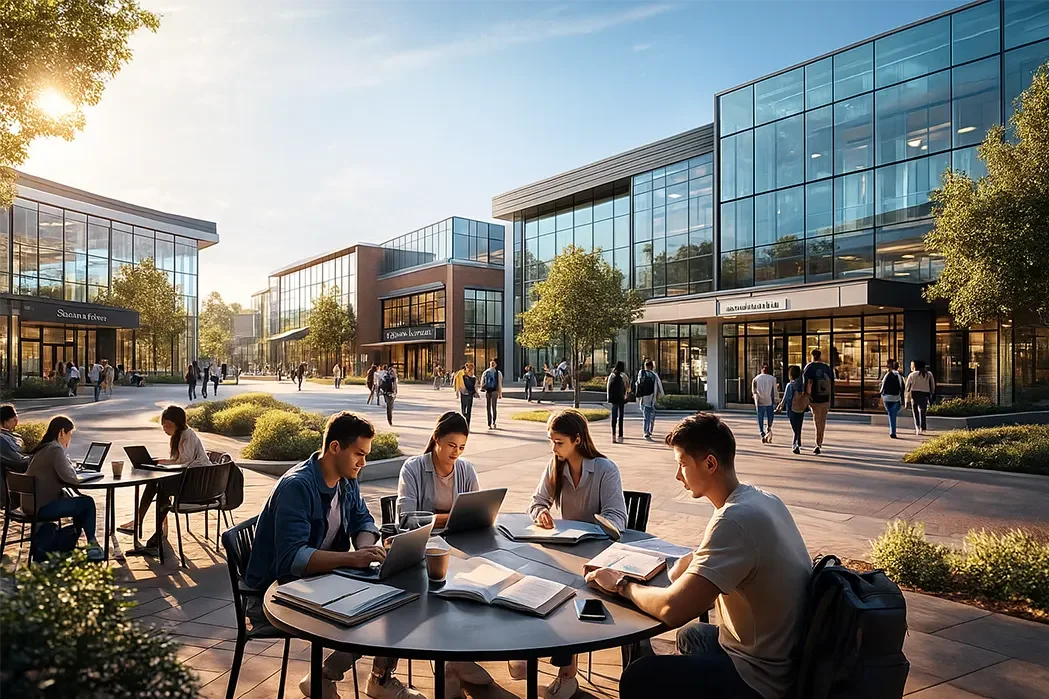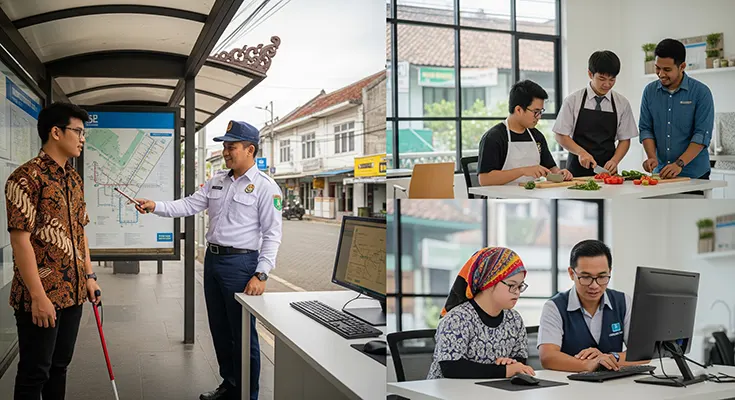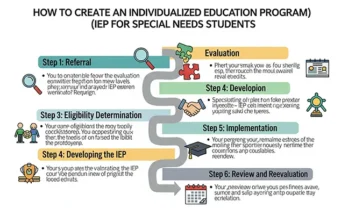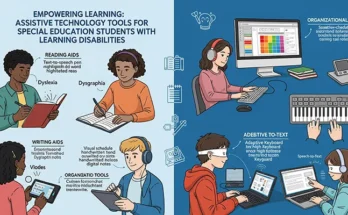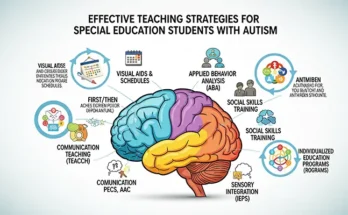The journey from adolescence to adulthood is a significant milestone for all young people, but for special education students, this transition often requires thoughtful planning and robust support. In Surabaya, East Java, Indonesia, dedicated efforts are underway to ensure these students are equipped with the skills and resources necessary to navigate the complexities of independent living, employment, and community engagement.
Transition planning is not a one-time event; it’s a comprehensive, individualized process that ideally begins years before a student graduates. For special education students in Surabaya, this process typically starts around middle school, evolving as the student’s needs and aspirations become clearer. The core of this planning lies in developing an Individualized Transition Plan (ITP), which is an integral part of their Individualized Education Program (IEP).
Key Pillars of Transition Planning in Surabaya:
- Early and Continuous Assessment: Understanding each student’s unique strengths, interests, preferences, and support needs is paramount. This involves ongoing assessments of academic skills, vocational aptitudes, independent living skills, and social-emotional development. For example, local schools might collaborate with vocational centers in Surabaya to offer early exposure to different trades.
- Student-Centered Approach: The student’s voice is central to the planning process. They are actively involved in setting their own goals, making choices about their future, and participating in meetings. This fosters self-determination and empowers them to take ownership of their adult lives. Workshops on self-advocacy are often held in schools across Surabaya to help students articulate their needs.
- Interagency Collaboration: Effective transition requires a coordinated effort from various stakeholders. This includes schools, parents, vocational rehabilitation services, local government agencies, community organizations, and potential employers. In Surabaya, efforts are made to bridge these different sectors to create a seamless support system. For instance, the Department of Education in East Java might work with local disability organizations.
- Developing Essential Skills: The ITP focuses on building practical skills crucial for adult life. These include:
- Academic and Functional Skills: Continuing to develop literacy, numeracy, and problem-solving skills, often with a focus on their application in real-world scenarios.
- Vocational Skills: Providing opportunities for job exploration, vocational training, work experience, and job placement assistance. This could involve apprenticeships with local businesses in Surabaya or vocational training programs.
- Independent Living Skills: Teaching daily living skills such as personal hygiene, meal preparation, money management, transportation, and home maintenance.
- Social and Communication Skills: Enhancing interpersonal skills, understanding social cues, and developing effective communication strategies for various environments.
- Parental and Family Engagement: Families play an indispensable role in the transition process. They are vital partners in decision-making, providing support at home, and advocating for their child’s needs. Resources and workshops are often available for parents in Surabaya to help them understand their role and available support services.
Support Systems in Action in Surabaya:
- Vocational Training Centers: Several institutions in and around Surabaya offer specialized vocational training tailored to the abilities and interests of special education students. These centers provide hands-on experience in areas like hospitality, crafting, administrative tasks, and digital skills.
- Job Coaching and Placement: Organizations often provide job coaching services to help students acclimate to work environments, understand workplace expectations, and develop professional skills. Efforts are made to connect students with employers in Surabaya who are open to inclusive hiring practices.
- Community Integration Programs: Programs focused on fostering social inclusion and participation in community activities help students build friendships, explore hobbies, and become active members of their local community in Surabaya. This might include access to recreational facilities or community events.
- Life Skills Training: Workshops and practical sessions are conducted to teach essential life skills, sometimes in real-world settings like navigating public transport in Surabaya or shopping at local markets.
- Post-Secondary Education Counseling: For those students who wish to pursue higher education or specialized training, counseling is provided to help them explore options and access necessary accommodations.
The commitment to comprehensive transition planning and support in Surabaya reflects a growing understanding that special education students deserve every opportunity to achieve their full potential and lead fulfilling adult lives. By fostering collaboration, individualizing approaches, and empowering students and their families, Surabaya is creating a supportive environment where these young individuals can confidently step into their future.

